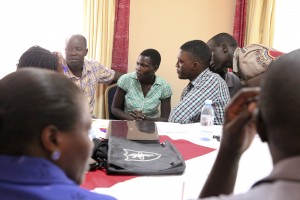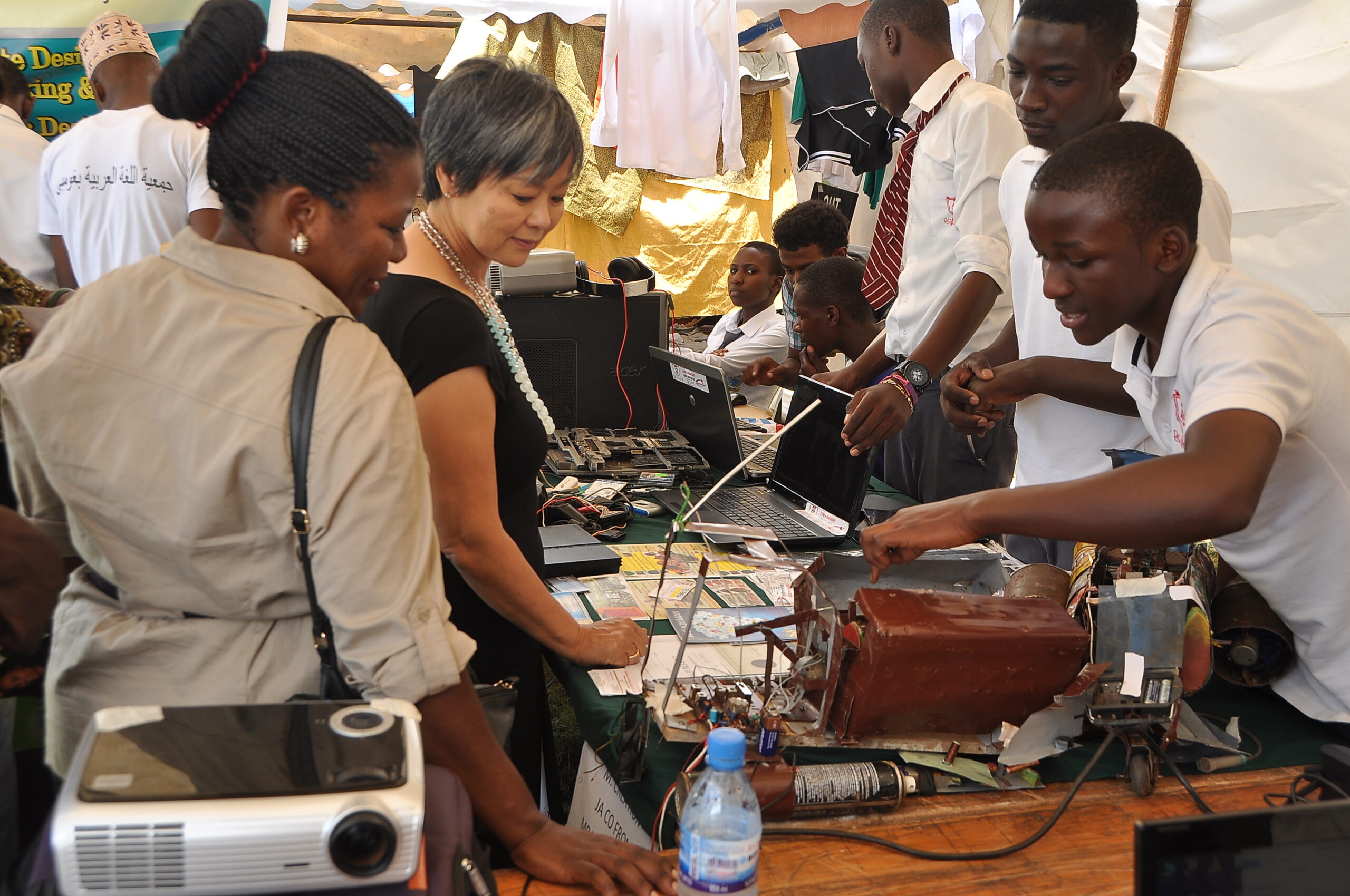Fighting poverty globally is no easy task, but Jarle Tømmerbakke, project manager for the Norwegian UE programme in Uganda, is clear about one thing: – There is only one main road out of poverty and that is to teach people how to create more jobs, not only for themselves, but for others as well.
Creating opportunities for young people, especially in developing countries, has become a pressing issue in these recent economic times. The African work-age population in particular, is growing much faster than number of new jobs created, and available jobs remain unfilled due to skills mismatches.
Over the last 6 years, NORAD has therefore supported a program called Junior Achievement (JA), initiated by the Norwegian organization Ungt Entreprenørskap (UE) in Uganda, which focuses on combating this problem by changing the mind-sets of young people. They believe that entrepreneurship education in Ugandian schools is vital in order to move the economy from its dependency on foreign aid into becoming more sustainable and independent.
– The goal of the project is to see more young people running their own enterprises, employ people and help them advancing from a position of social and economic disadvantage to a more secure one. One of the most effective instruments in order to create more businesses and more jobs, is if students can try it before leaving school, says Tømmerbakke.
Currently over 80 000 students in secondary schools have gotten entrepreneurship training and 1000 teachers are schooled to mentor young students in their process of not just applying for a job, but to create jobs for themselves and others as well.


Preparing kids for “the real world”
Mini-companies are cited as highly effective practical entrepreneurial experiences for schools, and range from age 14-15 all the way up to age 19-20 in both vocational school settings and academic schools. They aim to prepare young people for the real world by showing them how to create value through problem-solving and entrepreneurial thinking. Students take on jobs within the venture and learn what skills are required to make it successful.
– A survey carried out among 700 students in 37 schools in Uganda, show the same impact as in Europe – that the group that have had the training, have significantly higher scores when it comes to entrepreneurial motivation, knowledge and skills. It also shows that more start-ups among those who did these projects than those who did not participate, says Tømmerbakke.
Based on the positive outcomes in Uganda, UE will thus try to expand the job creation effort to more countries in the Sub-Saharan region.
– Within four years, we can easily reach 100,000 students in vocational and upper secondary schools. These students will set up 30% more businesses than the average and create 100 000 additional jobs in the region, thereby achieving both scalable and sustainable results.









